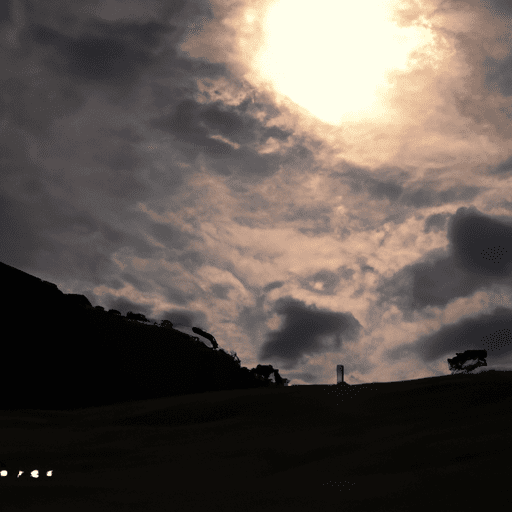The Dance of Belief and Proof: Navigating the Unknown
Belief and the Power of the Unknown
Belief is an integral part of being human. It provides us with a sense of hope, helps us confront our fears, and allows us to build communities. Throughout history, belief has played a significant role in shaping our lives. While we don’t need belief to understand the basic concepts of the world, such as fire being hot, it has always given us solace in the face of the unknown.
The unknown is where belief thrives. It enables us to envision a future that may not yet exist and to take steps towards making that vision a reality. When we believe in something, we allow ourselves to embrace new possibilities and push through the barriers that may stand in our way.
The Danger of Ignorance: When Belief Blocks Knowledge
While belief can be a powerful tool for personal growth and progress, there are times when it can become a hindrance. Ignaz Semmelweis’s discovery of the importance of handwashing in preventing the spread of infection during childbirth is a prime example of how belief can obstruct progress. Despite using statistical evidence to support his findings, many doctors chose to ignore the data because it challenged their established beliefs.
The same holds true for the discovery that bacteria are responsible for many ulcers. Doctors, steeped in the belief that stress and diet were the primary causes, dismissed the research for years. This resistance to accepting new data not only hindered medical progress but also resulted in countless needless deaths.
It is essential for us to recognize that belief alone is not enough. We must be willing to challenge our beliefs and consider alternative perspectives. In a world overflowing with evidence and proof, clinging stubbornly to outdated beliefs can do more harm than good.
The Era of Proof and Disbelief
Today, we have more access to proof than ever before. Advances in technology and research have allowed us to gather significant amounts of data and evidence on various subjects. We can now understand and accept concepts that were once shrouded in mystery.
Our beliefs should not be fixed and rigid but should be open to change. We need to be confident enough to question our beliefs, examine the evidence, and understand the underlying concepts. Belief becomes a tool for growth when we are willing to adapt and change our minds based on new evidence.
Mathematics, black holes, and the efficacy of vaccines are just a few examples of areas where scientific proof exists. The statistics and data gathered from these fields help us make informed decisions and shape our beliefs accordingly.
The Transformative Power of Belief
While proof may exist in certain aspects of our lives, belief continues to play a crucial role in other areas. Personal taste, the placebo effect, and our ability to navigate the unknown future are all domains where belief finds its strength.
Personal taste is what makes us unique and allows us to express ourselves. It is a realm where belief thrives, and our preferences shape our identities. Whether it’s art, music, or literature, our beliefs about what is beautiful and meaningful guide our choices and connections with others.
Placebos are another fascinating area where belief can lead to positive outcomes. The power of the mind to heal and overcome challenges is well-documented. Believing in the effectiveness of a treatment, even if it is a placebo, can have remarkable effects on our well-being.
Lastly, belief helps us navigate the unknown future. We cannot predict with certainty what lies ahead, but belief gives us the courage and hope to step into the unknown. It enables us to face challenges head-on, embrace new opportunities, and shape a future that aligns with our aspirations.
The Necessary Marriage of Belief and Proof
In a world filled with proof, we must strike a balance between belief and the acceptance of evidence. Blindly adhering to outdated beliefs can hinder progress and prevent us from embracing new possibilities.
However, dismissing belief altogether would be a mistake. Belief allows us to form connections, express ourselves, and find solace in a world that is constantly changing. It is what drives us forward and infuses our lives with meaning.
The key is to approach belief with an open mind, willing to question and adapt in the face of new evidence. We must be confident in our ability to change our minds and informed enough to make informed decisions based on available data.
Belief and proof are not enemies but rather partners that complement each other. As our understanding of the world expands, so does the opportunity to apply our beliefs in areas where proof is yet to exist. Belief thrives in the unknown, and it is up to us to dance with it and embrace its transformative power.
In conclusion
Belief and proof are two sides of the same coin. While proof provides us with evidence and knowledge, belief fuels our passions, connects us with others, and allows us to face the unknown with courage. Embracing both the power of belief and the importance of proof ensures that we navigate the world with an open mind and a willingness to adapt. So, let us dance with belief and proof hand in hand, forging a future that combines the best of both worlds.

